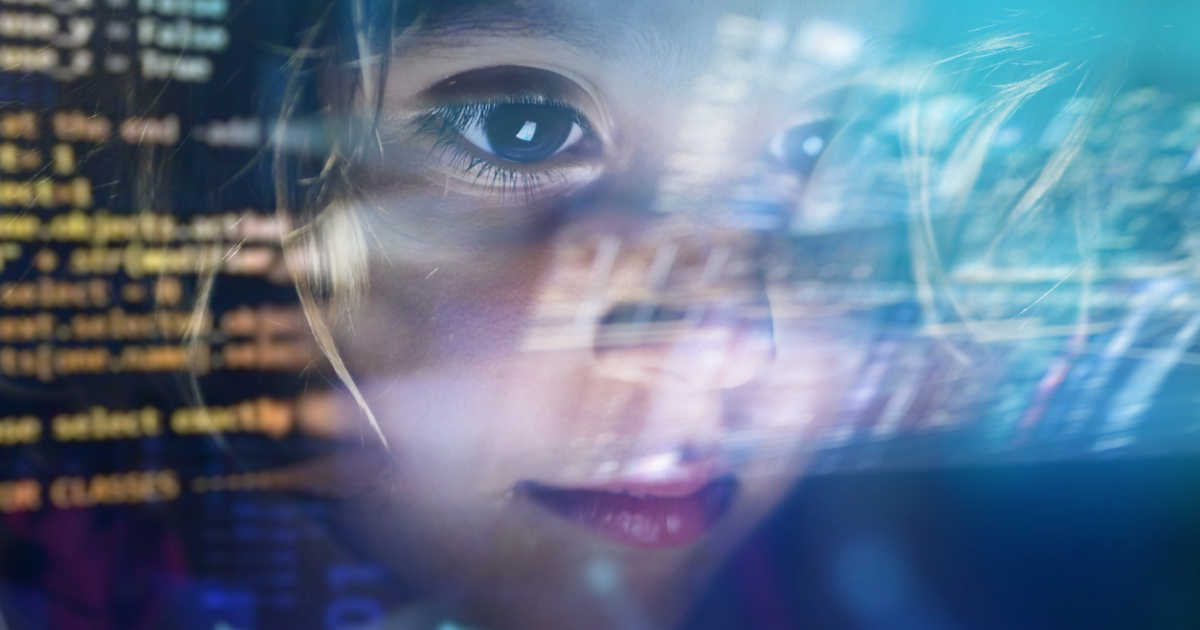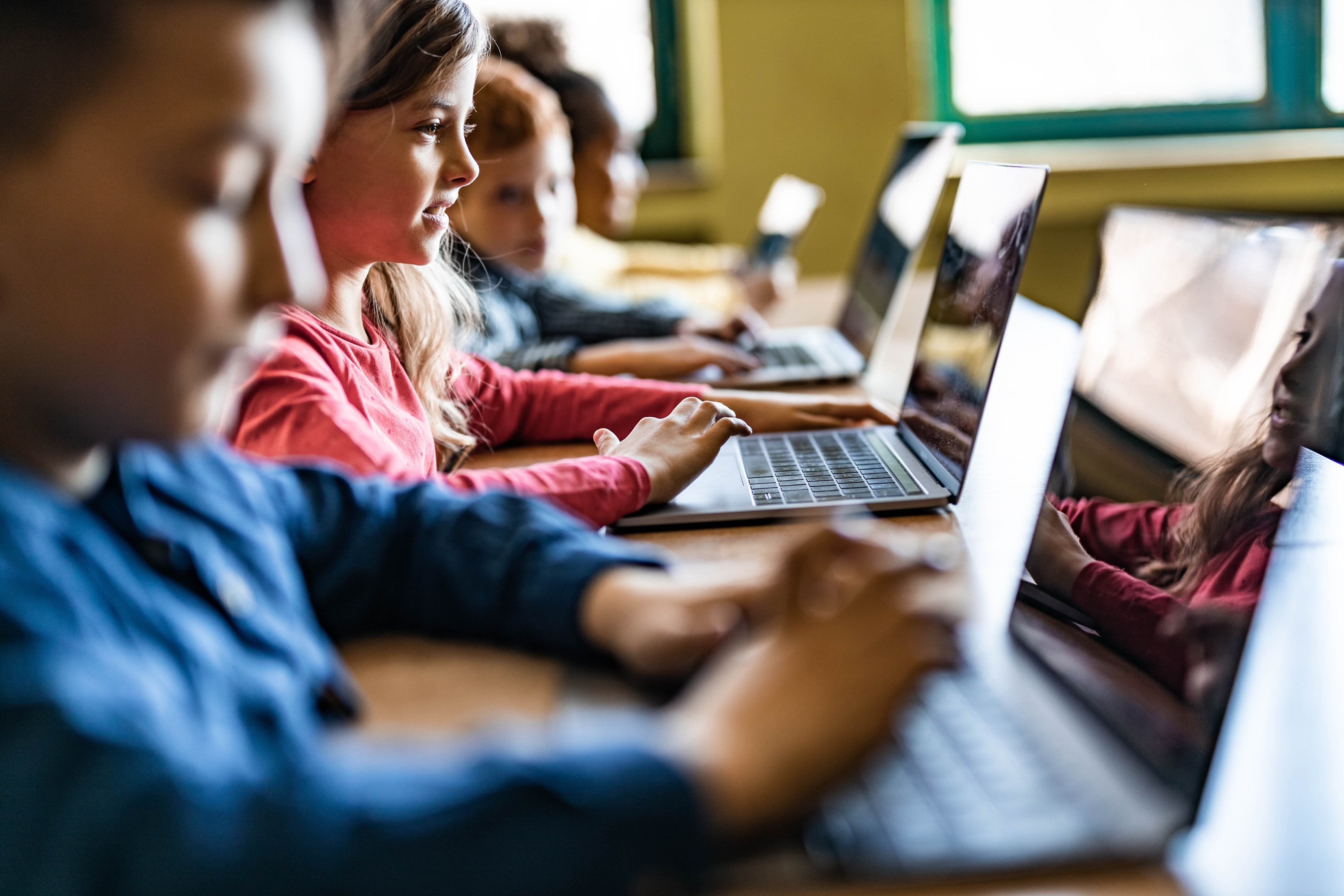The Transformative Influence of Artificial Intelligence on High School Education

In the ever-evolving landscape of education, artificial intelligence (AI) is emerging as a powerful force, reshaping the way high school students learn and educators teach. As we delve into the impact of AI on high school education, we draw insights from reputable sources such as Harvard and the Board of Education, shedding light on the transformative potential and challenges that come with integrating AI in the classroom.
Personalized Learning:
According to Harvard's "Learning Innovations Lab," AI is instrumental in enabling personalized learning experiences for high school students. AI algorithms can analyze individual learning styles, strengths, and weaknesses, allowing educators to tailor instructional content to meet the unique needs of each student.
Data-Driven Decision-Making:
The Board of Education emphasizes the role of AI in data-driven decision-making within high schools. AI systems can process vast amounts of educational data, providing educators and administrators with valuable insights into student performance, areas of improvement, and the overall effectiveness of teaching methods.
Adaptive Learning Platforms:
Harvard's research highlights the adoption of adaptive learning platforms powered by AI in high schools. These platforms adjust the difficulty level of content based on individual student progress, ensuring that students are appropriately challenged and supported throughout their learning journey.
Automated Grading and Feedback:
The Board of Education notes the efficiency gains achieved through AI-driven automated grading systems. High school educators can benefit from AI tools that streamline the grading process, allowing them to focus more on providing targeted feedback and engaging with students.
Enhanced Classroom Engagement:
Harvard underscores the potential of AI to enhance classroom engagement. AI-powered educational tools, such as interactive simulations and virtual laboratories, can make learning more interactive and dynamic, capturing the interest of high school students and fostering a deeper understanding of complex concepts.
While the impact of AI on high school education is promising, it's crucial to acknowledge and address potential challenges. Both Harvard and the Board of Education emphasize the importance of ethical AI use, data privacy, and the need for ongoing teacher professional development to effectively integrate AI into the classroom.
As we navigate the transformative impact of AI on high school education, insights from institutions like Harvard and the Board of Education provide a comprehensive understanding of the opportunities and challenges associated with this technological shift. AI has the potential to revolutionize learning experiences, empower educators, and prepare students for a future where technology plays an increasingly significant role. By leveraging AI responsibly and staying attuned to educational research, high schools can pave the way for a more adaptive, personalized, and engaging learning environment.
Additional Resources:
https://www2.ed.gov/documents/ai-report/ai-report.pdf







